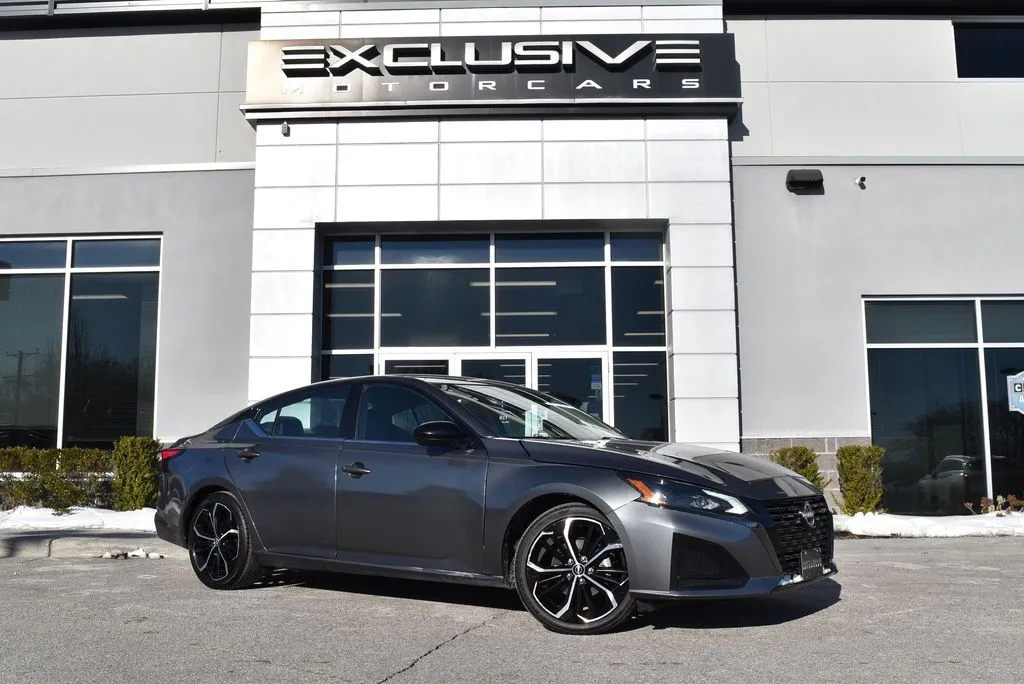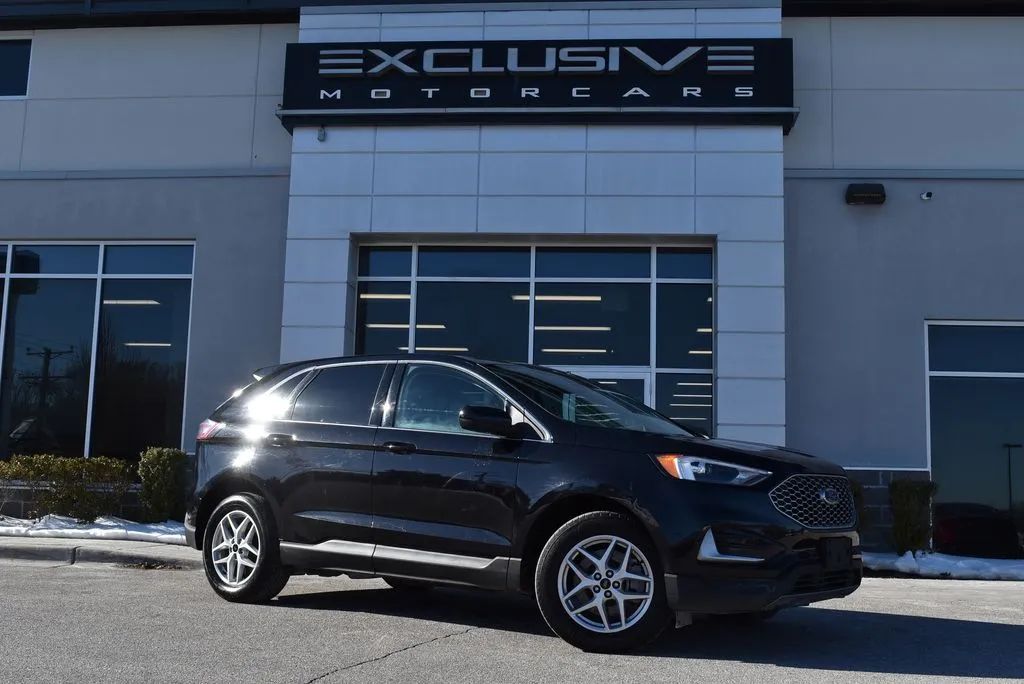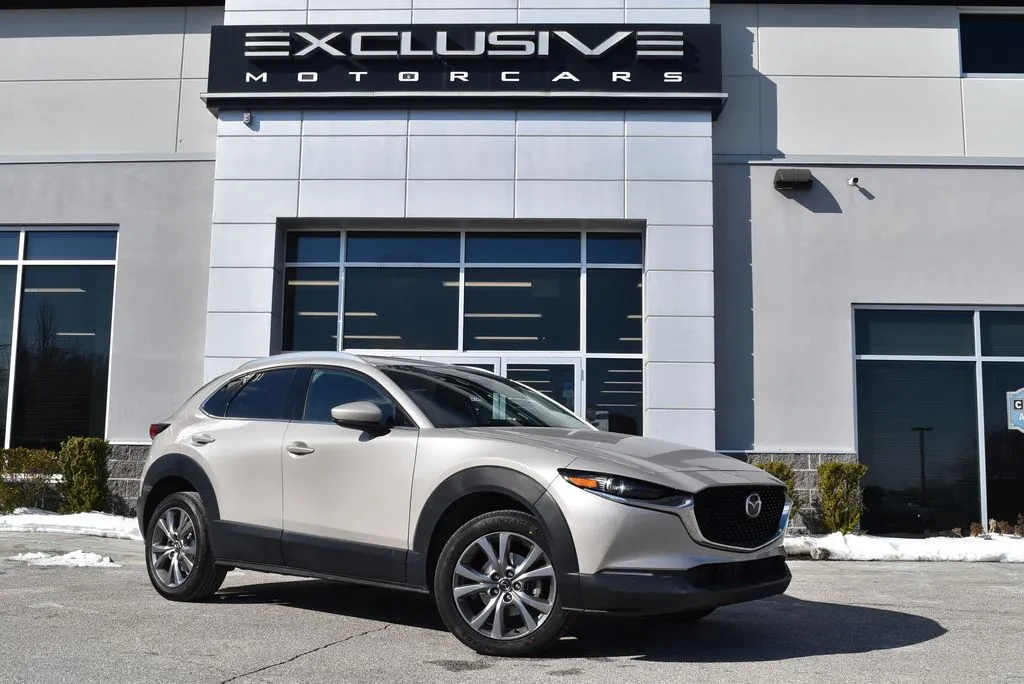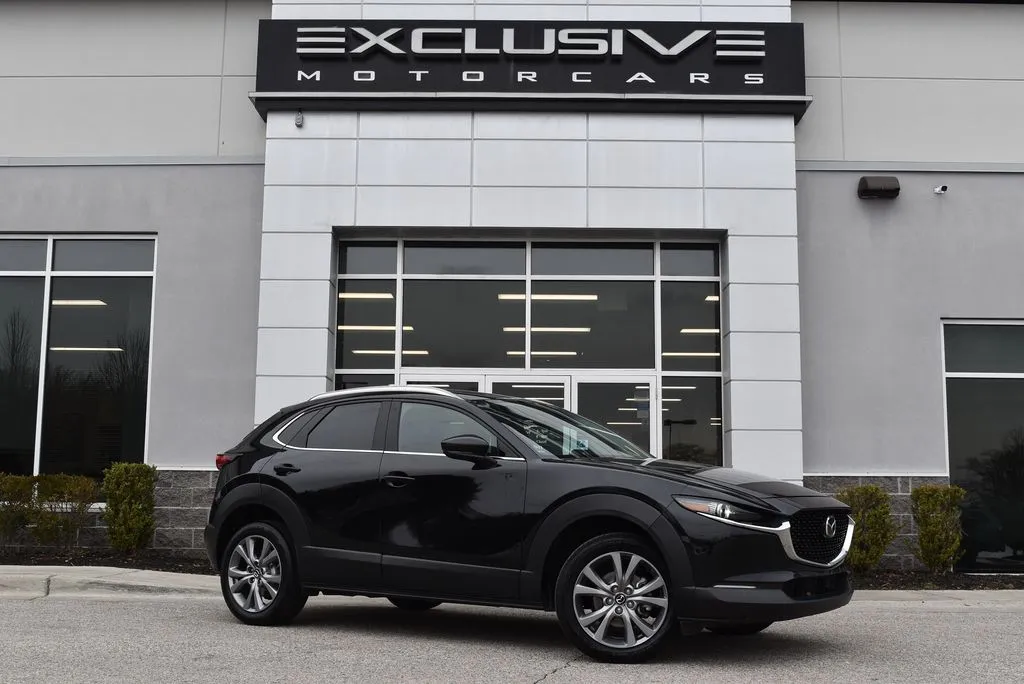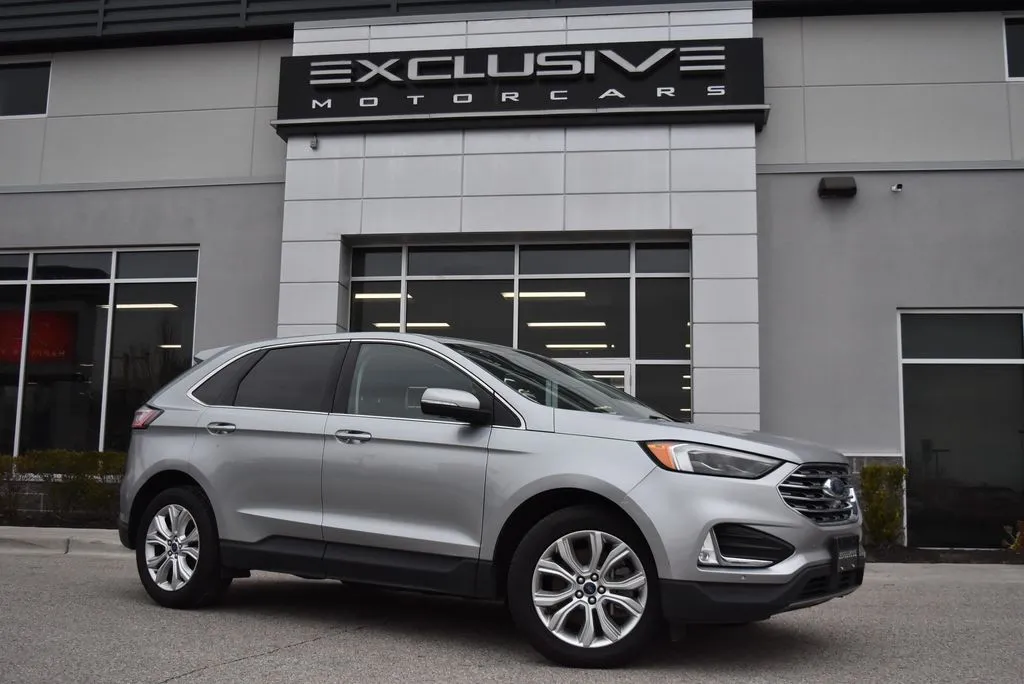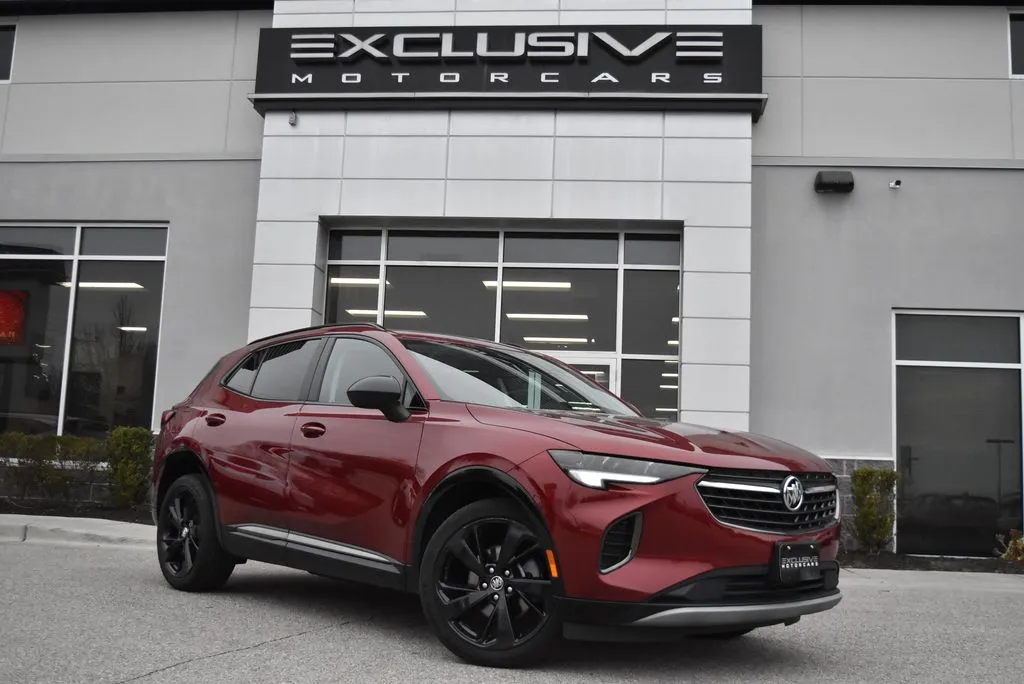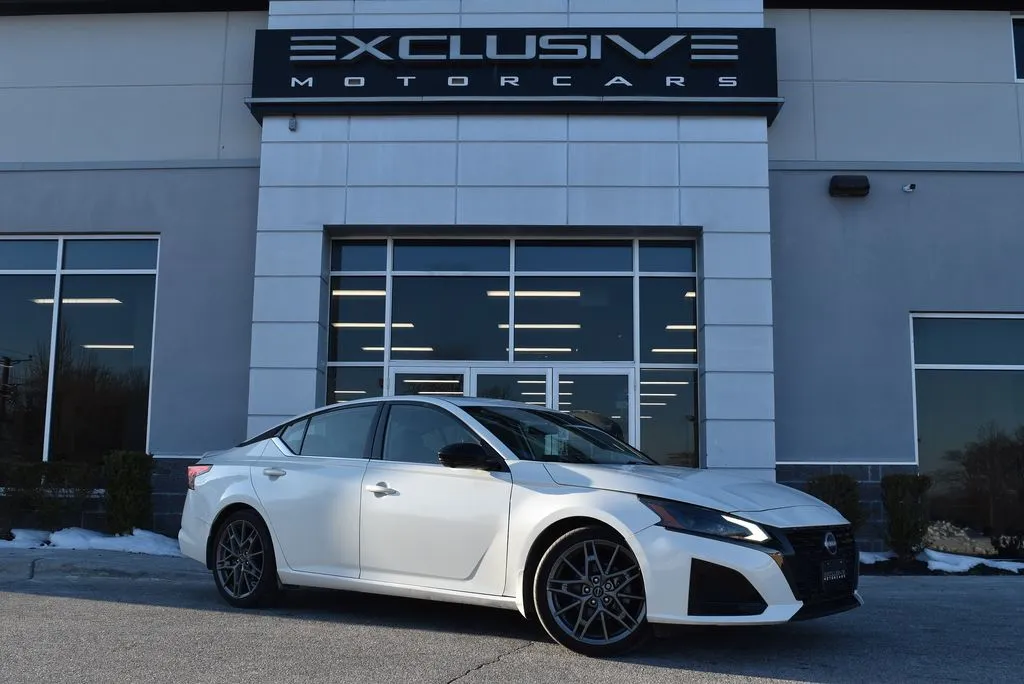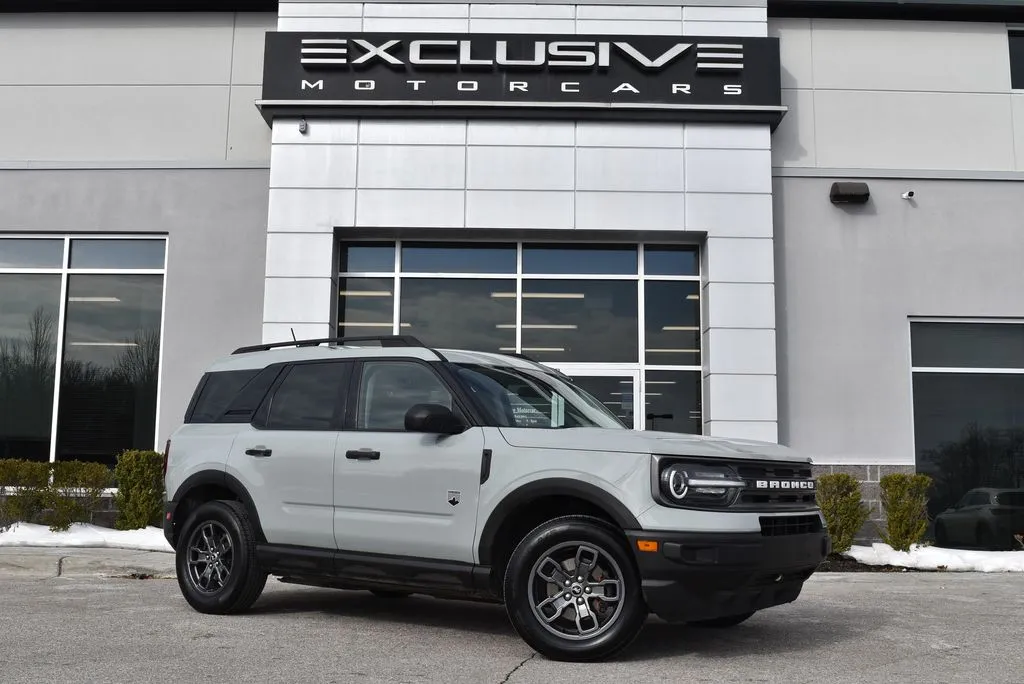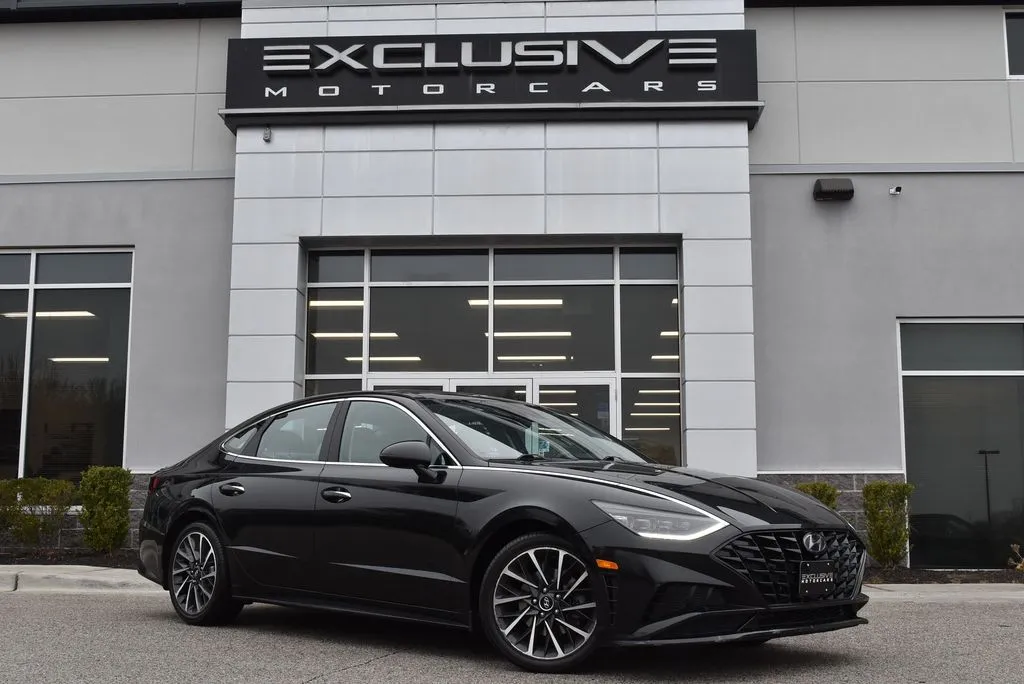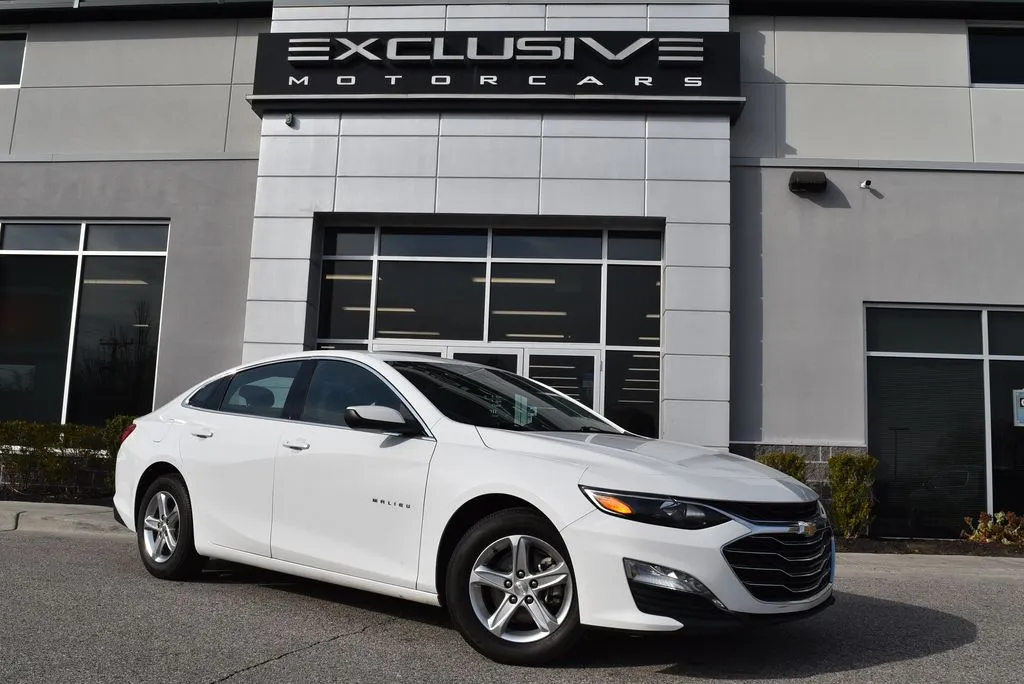Used Cars and Your Credit

Used Cars and Your Credit
Buying a used car can prove to be a fantastic deal. By buying used, you can get a dependable vehicle that won’t instantly lose up to 20% of its value in the first year of ownership as a new vehicle would. However, before you take out an auto loan to pay for your next purchase, you may want to read up on how your credit score will influence your options.
Why is Your Credit Score Important?
Before deciding as to whether you should take out a car loan, you first should determine your credit situation. Here’s why this is a good idea:
- Your credit score shows how eligible you are for a loan . The main reason to find out your credit score is obviously to determine whether you can qualify for a car loan. If your financial history includes car repossessions, poor credit, or other similar situations, it may not be easy to convince a lender to finance your next car purchase.
- Your credit score is usually proportional to the interest rate. A good credit score can save you thousands of dollars by allowing you to get a car loan at a lower interest rate.
How Is Your Credit Score Calculated?
Now that we’ve determined that a good credit score can work wonders for your eligibility and the size of your payments, we need to understand exactly what a good credit score is. FICO , an analytics company that focuses on credit scoring services, calculates credit scores on a scale from 300 to 850 points. It considers the following five factors when calculating your score:
- Payment history: 35%. The single most important action that influences your credit score is making your payments on time.
- Credit use: 30%. This measures how much of your available credit you use, with the optimal amount being between 5% and 30%.
- Length of credit history: 15%. Generally, the longer your history of paying on time, the better your credit score.
- New credit: 10%. Occasionally accessing a new line of credit can help your credit utilization ratio, but overdoing it may affect your score.
- Credit mix: 10% . Having a diverse range of credit uses, such as a car loan and credit cards, can improve your score.
How Can Buying a Used Car Affect My Credit?
Buying a pre-owned car with the help of an auto loan can affect your credit in a positive or negative way, depending on several factors. Some ways your credit can be improved after buying a car are:
- Making all your payments on time. As previously mentioned, your payment history is the single most important factor influencing your credit score. So, buying a used car with an auto loan and making payments on time can improve your credit score.
- It adds to your credit mix. Although having a diverse credit mix is not as important as making all your payments on time, adding an auto loan to your credit and showing that you can successfully manage multiple credit accounts can improve your score.
However, some situations can negatively influence your credit score. Some of them are:
- You miss one or more payments. If making all your payments on time is the best thing you can do for your credit score, the opposite is also true: Missing even one payment can seriously affect your score.
- You can’t afford the extra financial burden. If adding a car payment puts too much strain on your monthly budget, you may fail to pay other bills on time, which can adversely affect your credit score.
How To Qualify For a Loan for a Used Car With a Lower Credit Score
Consider following these steps if you think you have a bad credit score but still want to finance the purchase of a used vehicle:
- Find out what your exact credit rating is. As mentioned earlier, credit scores range from 300 to 850. Anything below 600 is usually considered to be bad credit, while scores over 750 are seen as good credit.
- Choose a car you can afford. As a general rule, you shouldn’t spend more than 10%-20% of your budget on car expenses, including insurance, maintenance, and repairs. Ideally, you should make as large of a down payment as you can afford, as it will reduce the amount you’ll need to borrow and thus reduce your monthly payments.
- Browse online dealership inventories. Once you’ve decided on a budget, it’s time to research the market and look for cars that best suit your needs. Besides the price, other factors like the number of seats or fuel efficiency may be relevant to your situation. So make sure you narrow down the list to only include vehicles that have the features important to you.
- Get preapproved and choose a vehicle. Before visiting a car dealership, you can typically use their website to input your credit data and get a preapproval . That’s a quick credit inquiry that determines if you are likely to qualify for financing. Besides this feature, most car dealerships offer other perks, such as warranties, consumer protection, and quick negotiations.
- Apply when you’re ready to make the purchase. Opening multiple credit inquires may affect your credit score, so it’s advisable that you only do so when you’re set on buying a particular vehicle. Also, choose the shortest loan period you can afford, as that will save you money on interest payments.
- Get a co-signer if necessary. Finally, if you have bad credit but still need to take out a car loan, you can get a co-signer. However, given that the co-signer will be responsible for making any payments that you miss, you should make sure that they are not only willing to help you, but financially able to do so.
- Credit repair that works. Exclusive Motorcars is proud to have partnered with Fierce Credit to offer FREE credit repair ($79.95 value) to help get you into the car of your dreams. Learn more about credit repair on our credit repair page .
Buying a used car from a dealership can bring you all the advantages of buying a new car, but with lower costs. If you’re in the market, drop by Exclusive Motorcars to browse through our extensive inventory of fabulous automobiles!
